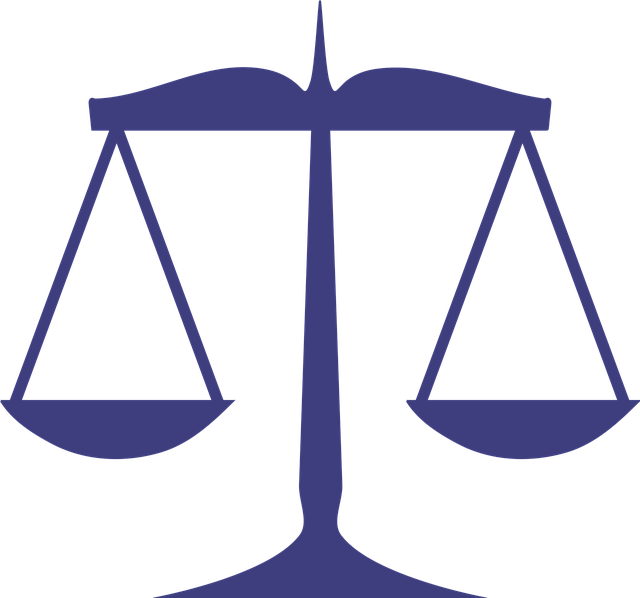Navigating antitrust laws is critical in pharmaceutical industry mergers (M&A) to prevent market dominance that could harm consumers by fixing prices, dividing markets, or suppressing competition. Legal teams must understand industry dynamics, regulatory standards, and strategic practices like kickbacks or secret agreements to avoid severe legal consequences and financial penalties. Regulatory bodies monitor M&A for anti-competitive behavior, with penalties including monetary fines and injunctions, aiming to protect consumer choice and affordable healthcare.
“Unraveling Antitrust Violation Cases in the Pharmaceutical Sector: A Comprehensive Guide. In the dynamic landscape of healthcare, pharmaceutical mergers and acquisitions present both opportunities and antitrust challenges. This article delves into the intricate world of antitrust laws specific to the pharma industry, highlighting common violations like price-fixing and market division. We explore the significant impact of unlawful consolidation on competition and consumer welfare, as well as the stringent penalties imposed by regulatory bodies. Understanding these issues is vital for stakeholders navigating complex merger scenarios.”
- Understanding Antitrust Laws in Pharma Mergers
- Common Antitrust Violations: A Pharmaceutical Perspective
- Impact and Penalties of Unlawful Industry Consolidation
Understanding Antitrust Laws in Pharma Mergers

In the dynamic landscape of the pharmaceutical industry, understanding antitrust laws is paramount, especially when it comes to mergers and acquisitions. These regulations are designed to maintain a competitive market, ensuring that companies do not gain excessive market power that could harm consumers. In high-stakes cases involving pharma mergers, legal teams must navigate complex issues related to price fixing, market division, and the suppression of competition. The goal is to avoid indictment by demonstrating that the proposed merger will not result in significant antitrust issues.
For his clients, managing these challenges requires a deep understanding of industry dynamics and regulatory requirements. Legal strategists must assess potential impacts on research and development, distribution networks, and pricing strategies. By focusing on fostering healthy competition and preventing anti-competitive practices, pharmaceutical companies can successfully navigate these high-stakes cases while ensuring compliance with antitrust regulations.
Common Antitrust Violations: A Pharmaceutical Perspective

In the pharmaceutical industry, antitrust issues often arise from mergers and acquisitions that could stifle competition and ultimately affect drug prices and accessibility. Common violations include price-fixing, market division, and the abuse of dominant market positions. For instance, when a pharmaceutical company merges with a competitor, there’s a risk of collusion to set higher drug prices or to divide markets geographically to eliminate competition. These practices not only hurt consumers but also have implications for the broader philanthropic and political communities that rely on affordable healthcare.
High-stakes cases often involve both corporate and individual clients. Pharmaceutical companies may engage in strategies like paying kickbacks to gain exclusive distribution rights, or engaging in secret agreements to limit the sale of generic drugs. Such behaviors can lead to severe legal consequences and significant financial penalties for the corporations involved. These antitrust issues in pharmaceutical industry mergers highlight the need for stringent regulatory oversight to ensure fair competition and maintain a healthy market environment that benefits both consumers and stakeholders across sectors.
Impact and Penalties of Unlawful Industry Consolidation

The impact and penalties of unlawful industry consolidation can be devastating, especially in sectors like the pharmaceutical industry where mergers and acquisitions are common. When companies engage in anti-competitive practices such as merging to eliminate rivals or fix prices, it can lead to reduced consumer choice and higher drug costs. Antitrust issues in pharmaceutical industry mergers have garnered significant attention from regulatory bodies like the Federal Trade Commission (FTC) and the Department of Justice (DOJ). These agencies are tasked with ensuring fair competition and protecting consumers from harmful effects of consolidation.
Penalties for antitrust violations can be severe, including substantial monetary fines, divestitures, and injunctions against future anti-competitive behavior. In recent cases, pharmaceutical companies have faced lawsuits and investigations for engaging in practices that limit the availability and affordability of essential medications. These penalties not only serve as a deterrent but also aim to rectify the harm caused by unlawful consolidation, ensuring fair markets and access to life-saving drugs across the country. Furthermore, general criminal defense strategies and expertise in white collar and economic crimes are crucial for companies facing such allegations to navigate complex legal landscapes and protect their interests.
The pharmaceutical industry’s rapid consolidation has brought to light pressing antitrust issues, particularly concerning mergers that stifle competition. By understanding the intricate web of antitrust laws and identifying common violations, regulatory bodies can effectively mitigate the impact of unlawful industry consolidations. These actions are crucial in preserving a competitive market, ensuring fair pricing for consumers, and fostering innovation within the pharmaceutical sector. Staying vigilant and addressing these antitrust challenges promptly is essential to maintain a robust healthcare ecosystem.






